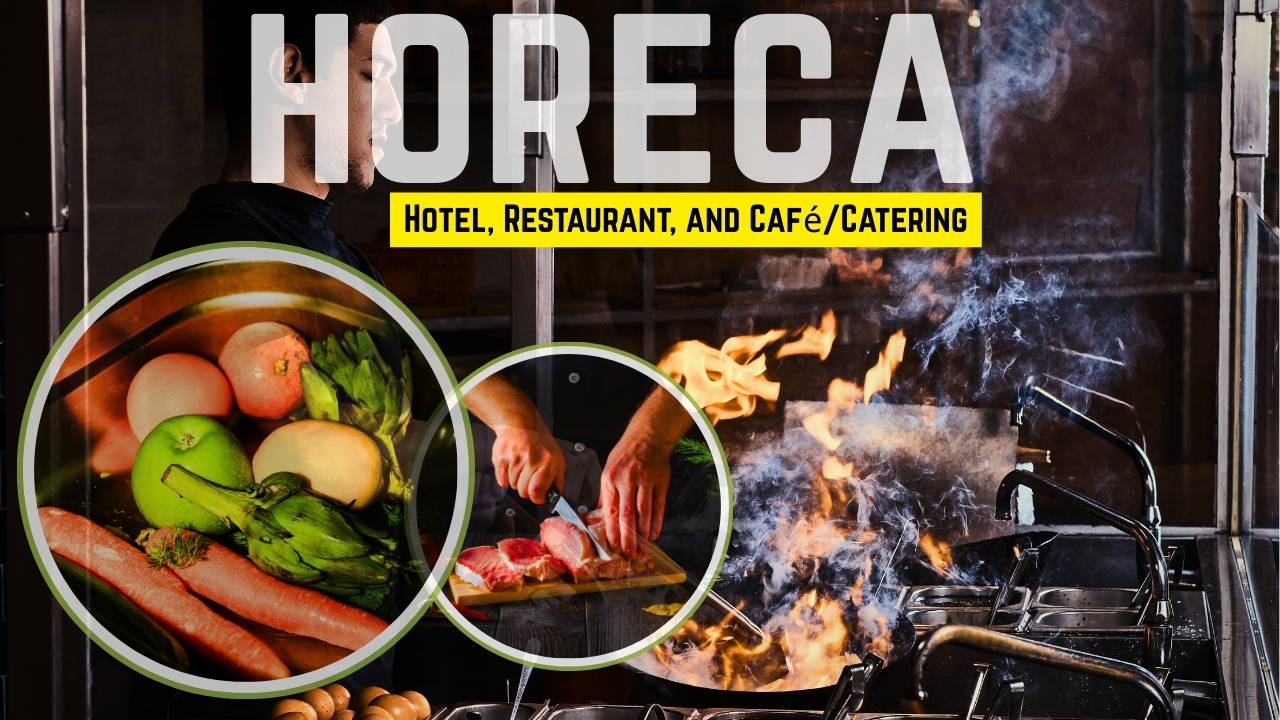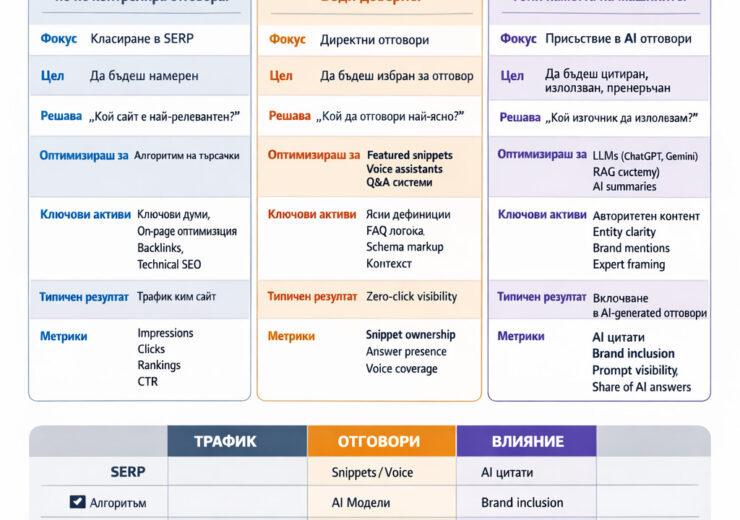The Future of the HoReCa Industry: Embracing Change in a Post-Pandemic World

Introduction
The HoReCa (Hotel, Restaurant, and Catering) industry has always been dynamic, but the COVID-19 pandemic has accelerated changes that were already underway. As the world emerges from the pandemic, the industry is witnessing a transformative shift in operations, consumer behavior, and technological integration. This article examines the future of the HoReCa sector, highlighting emerging trends, ongoing challenges, and innovative strategies that are reshaping the landscape.
Emerging Trends in the HoReCa Industry
1. Enhanced Safety Protocols
Health and safety have become paramount in the HoReCa industry. Post-pandemic, establishments are adopting rigorous safety measures to reassure customers. This includes regular sanitation, contactless service options, and improved ventilation in dining areas. Transparent communication about safety protocols is essential in building customer trust and loyalty.
2. Rise of Hybrid Models
The pandemic has accelerated the adoption of hybrid business models in the HoReCa sector. Restaurants are now combining dine-in services with robust takeout and delivery options. Many hotels are also diversifying their offerings by creating unique experiences, such as remote work packages that include comfortable workspaces and amenities. This flexibility caters to the evolving needs of consumers.
3. Personalization Through Technology
Technology is enabling HoReCa businesses to offer personalized experiences. Customer data collected through loyalty programs and online reservations allows establishments to tailor services to individual preferences. From customized menus to personalized greetings, leveraging data enhances customer satisfaction and fosters loyalty.
4. Local Sourcing and Community Engagement
The pandemic has shifted consumer focus towards supporting local businesses. HoReCa establishments are increasingly sourcing ingredients from local suppliers, which not only ensures freshness but also strengthens community ties. This trend is not only beneficial for local economies but also aligns with consumers’ growing preference for sustainable and ethical dining options.
5. Plant-Based and Alternative Proteins
As more consumers adopt plant-based diets, the HoReCa industry is responding by expanding their menus to include innovative plant-based dishes and alternative proteins. This shift not only caters to health-conscious diners but also addresses environmental concerns associated with traditional meat production. Restaurants are experimenting with creative recipes that highlight the versatility of plant-based ingredients.
Challenges Facing the HoReCa Industry
1. Ongoing Labor Shortages
Despite the gradual recovery from the pandemic, the HoReCa industry continues to face significant labor shortages. Many workers have left the industry, seeking more stable and flexible employment opportunities. This shortage has led to increased wages and benefits, but businesses must find effective ways to attract and retain talent in this competitive landscape.
2. Supply Chain Disruptions
The pandemic has highlighted vulnerabilities in global supply chains, leading to increased costs and delays in obtaining essential ingredients and supplies. HoReCa establishments need to develop resilient supply chain strategies, including diversifying suppliers and prioritizing local sourcing to mitigate these disruptions.
3. Navigating Regulatory Changes
As health regulations evolve, HoReCa businesses must stay informed and compliant with new guidelines. This can be particularly challenging for smaller establishments that may lack the resources to adapt quickly. Maintaining compliance is crucial for avoiding penalties and ensuring customer safety.
4. Economic Fluctuations
The HoReCa industry is particularly sensitive to economic downturns. As inflation rises and consumer spending habits shift, establishments must be agile in their pricing and service offerings. Developing effective marketing strategies that highlight value and quality will be essential in attracting and retaining customers during uncertain times.
5. Environmental Sustainability
As consumers become increasingly aware of environmental issues, the HoReCa industry faces pressure to adopt sustainable practices. This includes reducing food waste, minimizing plastic usage, and implementing energy-efficient operations. Establishments that prioritize sustainability can not only reduce their environmental impact but also appeal to eco-conscious consumers.
Innovations Shaping the HoReCa Landscape
1. Contactless Technology
The implementation of contactless technology has become a game-changer for the HoReCa industry. From mobile ordering and payment systems to QR code menus, these innovations enhance convenience and safety. Establishments are now able to streamline operations and improve the customer experience while minimizing physical contact.
2. Artificial Intelligence and Automation
AI and automation are becoming integral to the HoReCa sector. Restaurants are utilizing AI for inventory management, predicting customer demand, and optimizing staffing levels. Automation in food preparation and delivery processes can increase efficiency and reduce labor costs, allowing staff to focus on providing exceptional customer service.
3. Experience-Driven Offerings
The future of dining is leaning towards experience-driven offerings. Restaurants are increasingly creating immersive dining experiences that engage all the senses. This could include themed dinners, interactive cooking classes, or unique collaborations with local artists and musicians. Such experiences not only attract customers but also encourage social media sharing, enhancing marketing efforts.
4. Sustainability Innovations
Sustainable innovations are at the forefront of the HoReCa industry’s evolution. Many establishments are adopting practices like vertical farming, hydroponics, and composting to minimize waste and promote sustainability. Additionally, restaurants are exploring partnerships with local farms to provide fresh, seasonal ingredients, further enhancing their commitment to eco-friendly practices.
5. Virtual Events and Catering
The rise of virtual events has opened new avenues for catering businesses. Many HoReCa establishments are offering virtual cooking classes, wine tastings, and other interactive experiences that can be enjoyed from home. This not only diversifies revenue streams but also allows businesses to reach a broader audience.
Conclusion
The HoReCa industry is navigating a transformative period marked by significant changes in consumer behavior, operational practices, and technological advancements. By embracing emerging trends and addressing ongoing challenges, businesses can position themselves for success in a post-pandemic world. The future of the HoReCa sector lies in adaptability, innovation, and a commitment to sustainability and customer experience. As the industry evolves, those who are willing to embrace change will thrive in this dynamic landscape.



